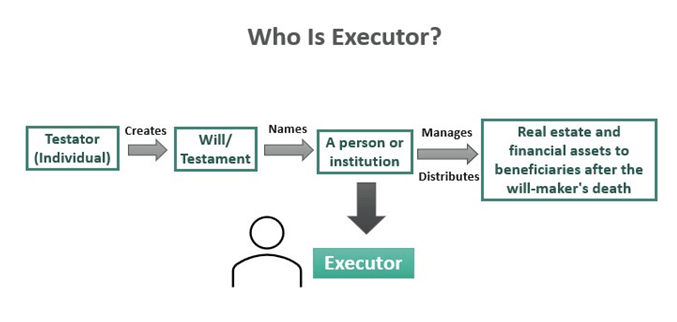When a loved one passes away and leaves behind assets, it’s the responsibility of the executor to manage the estate and distribute the assets to the designated beneficiaries. However, this process isn’t instantaneous, and there are legal and practical considerations that dictate how long the executor has to pay the beneficiaries. In this article, we’ll provide a step-by-step guide to help you understand the timeline and responsibilities of an executor in this important task.
Executor’s Timeline: How Long Does It Take?
One of the most common questions that beneficiaries have is, “How long does the executor have to pay the beneficiaries?” The timeline for this process can vary based on several factors, including the complexity of the estate, legal requirements, and any disputes that may arise. Here’s a breakdown of the typical timeline:
- Initial Steps and Notification: The executor’s first task is to locate the will and file it with the court if required. Beneficiaries should be notified promptly after the death of the individual.
- Inventory and Appraisal: The executor must identify and evaluate all the assets within the estate. This includes real estate, financial accounts, personal belongings, and investments. This process can take a few weeks to several months, depending on the complexity of the estate.
- Payment of Debts and Taxes: Before distributing assets to beneficiaries, the executor must settle any outstanding debts and pay estate taxes. This step can take several months as it involves communication with creditors and government agencies.
- Distribution of Assets: Once debts and taxes are settled, the executor can distribute the remaining assets to beneficiaries. This is typically done as soon as possible, but it can take a few months to ensure a fair and legal distribution.
- Challenges and Disputes: In cases where beneficiaries contest the will or there are disputes, the process can be significantly delayed. Legal proceedings may be necessary to resolve such issues.
- Final Accounting and Closure: After all tasks are completed, the executor must provide a final accounting of the estate’s activities to the court and obtain approval for the closure of the estate. This can take a few months.
How Long Does the Executor Have to Pay the Beneficiaries?
The duration of the process may seem lengthy, but it’s crucial for ensuring that assets are distributed correctly and according to the law. Executors must act diligently and responsibly to fulfill their duties.
Also Check :-
- How long After A Person Die Will Beneficiaries Be Noticed?
- How to Write Will without A Lawyer?
- What Is the propagate Process?
FAQs
Q: Can the executor expedite the process of paying beneficiaries?
A: The executor can work efficiently, but certain legal requirements and potential disputes may still cause delays.
Q: What happens if the executor doesn’t fulfill their responsibilities?
A: If the executor fails to fulfill their duties, beneficiaries can petition the court for their removal and replacement.
Q: Are there any shortcuts to avoid the lengthy process?
A: Executors must adhere to legal requirements, and shortcuts may lead to legal complications.
Q: Can beneficiaries receive partial distributions before the process is complete?
A: In some cases, beneficiaries may receive partial distributions, but it depends on the circumstances and the executor’s discretion.
Q: How can beneficiaries stay informed during the process?
A: Beneficiaries should maintain open communication with the executor and request regular updates on the estate’s progress.
Q: Is it possible to contest the executor’s decisions?
A: Beneficiaries can contest the executor’s decisions if they believe they are not in compliance with the law or the will.
Conclusion
In conclusion, understanding how long the executor has to pay the beneficiaries is essential for anyone involved in the estate distribution process. Executors must navigate a complex legal landscape while ensuring that assets are distributed correctly and fairly. Beneficiaries, on the other hand, should be patient and communicate effectively with the executor to stay informed about the progress. By following the legal requirements and fulfilling their responsibilities, executors can successfully carry out their duties and honor the wishes of the deceased.








